How the Coen Brothers brought up absurdity in cinema
The Coen brothers are chameleons of the cinematic world, who has worked on diverse genres of movies. Nevertheless, they have a unique directorial style, part of which is the absurd stories and situations.

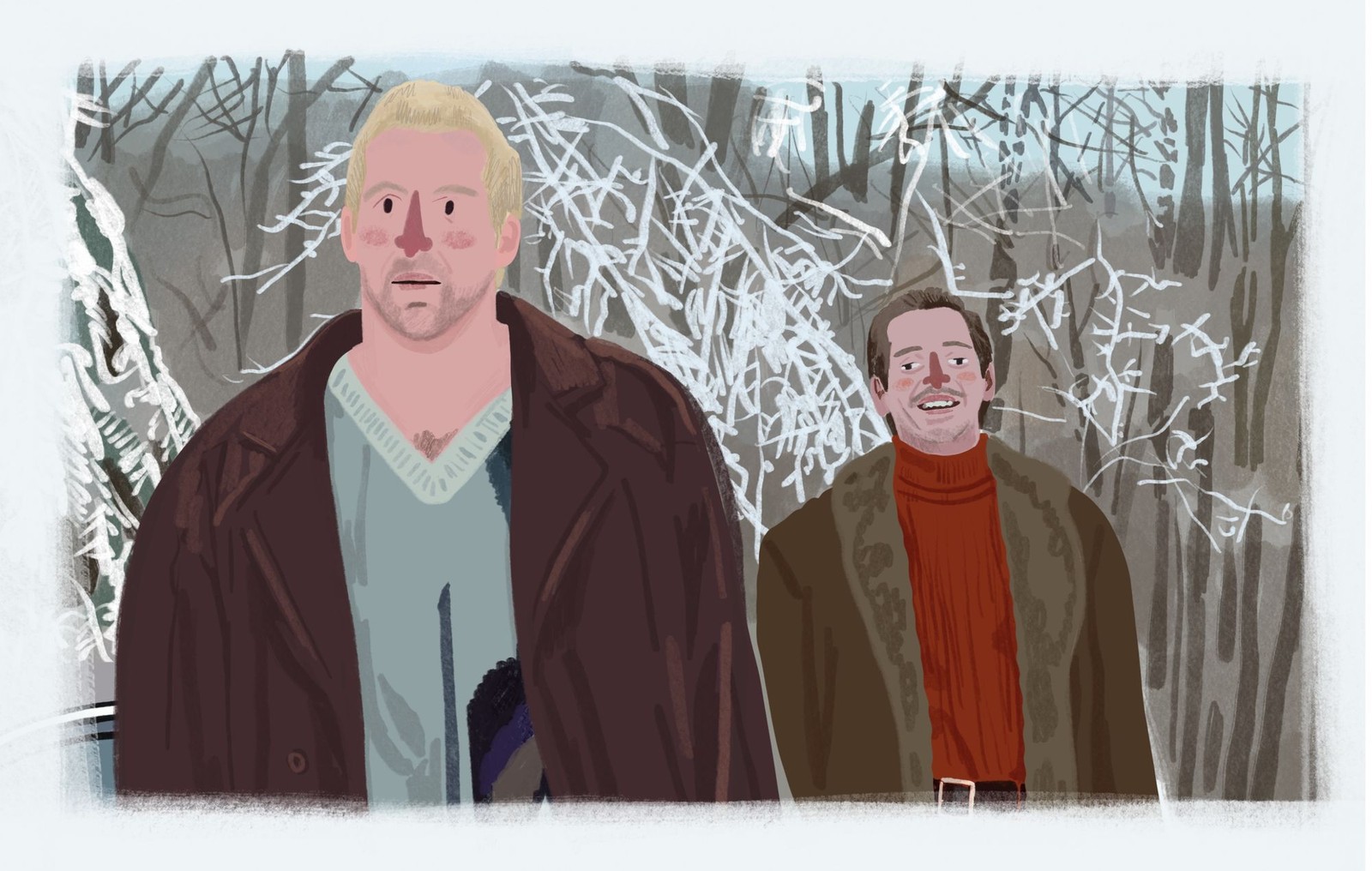
What is absurdity and how does it appear in movies? Is it a cinematic device, and if so, for what purposes do directors use it? We will try to answer these questions in today's blog, which will be dedicated to the directorial duo of Joel and Ethan Coen.
There is one very good reason why the Coen brothers are the heroes of this week: they are, you might say, the chameleons of the cinematic world. This is due to the fact that their filmography is full of completely different genres. They don't favor just one, but are open to experimentation: they have worked on thrillers, comedies, westerns and even film noir. And in each film the directors were able to maintain their own recognizable style, among which the motif of absurdity is revealed.
And of course - spoiler alert.
Art by @nadi_bulochka
It all comes down to the story
Yeah, it all comes down to the story. Although the Coen brothers try out different genres, it's difficult to view their films within the traditional genre distinction. What we mean is that their comedy is not necessarily only a comedy with its inherent genre elements - with the Coen brothers, comedy can also be a thriller, a crime story and a western. They mix opposites to create that very absurd mood in the film. "The Big Lebowski", for example, is an obvious comedy, but at the heart of its plot is a very serious crime story. The opposite is true of "Fargo", which is clearly a thriller but also has comedic elements.
All this brings us to an important aspect of the Coen brothers' directorial style, namely their work with contrasts. The contrasts, both visual and scripted, allow us to create a special atmosphere of absurdity. We'll come back to the visuals a little later, but for now we'll continue to talk about the story.
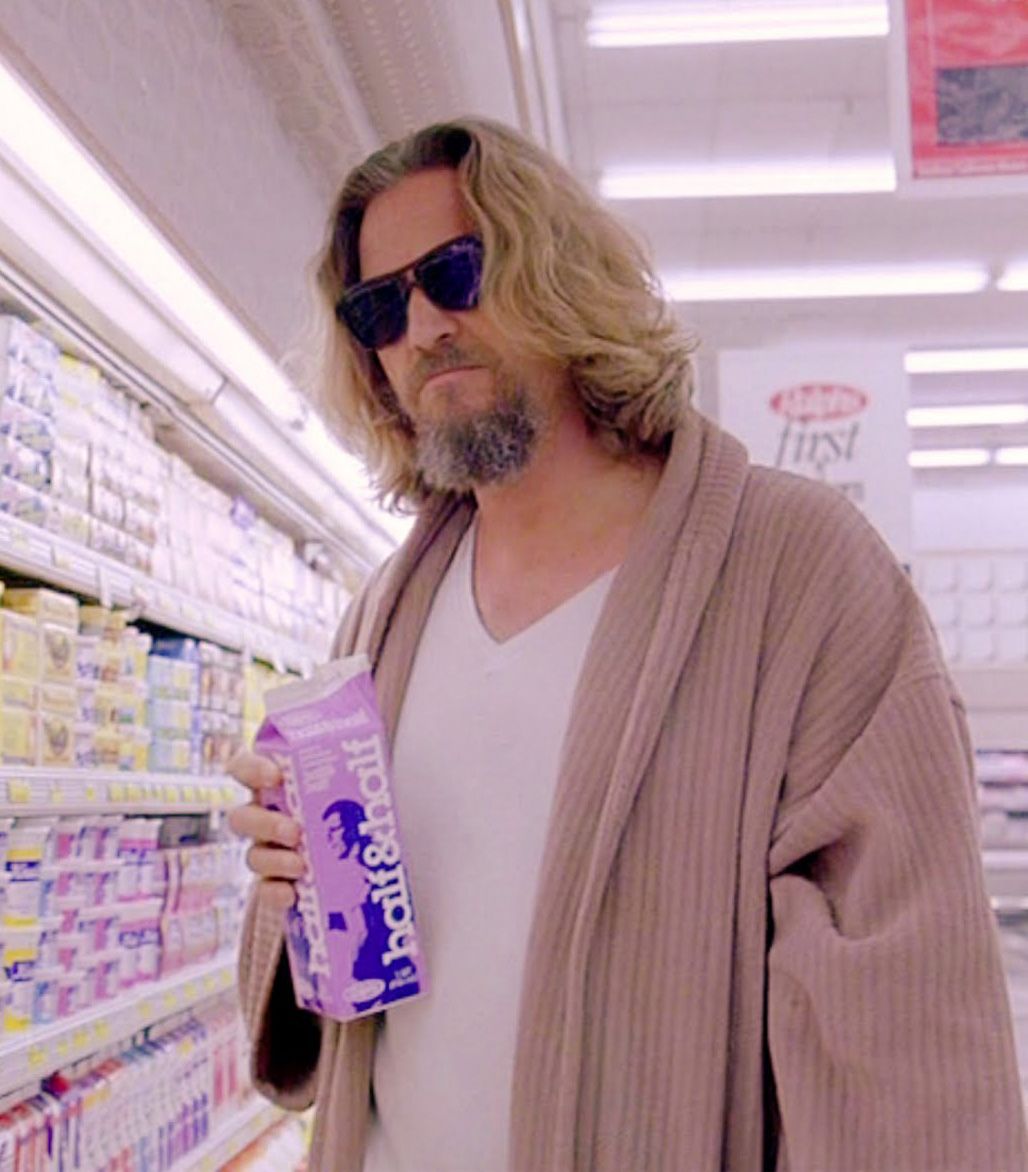
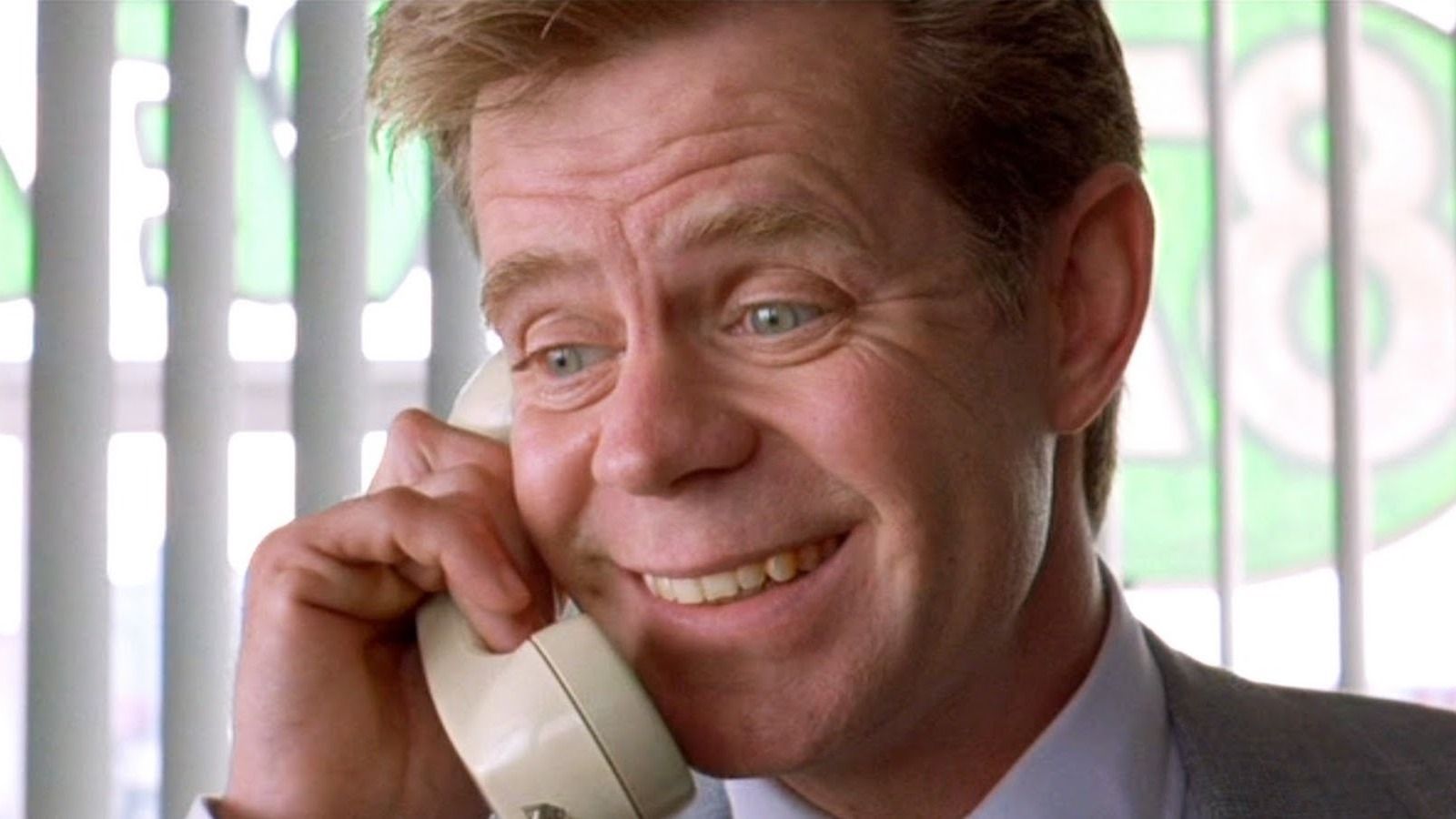
Consider, for example, the characters in "The Big Lebowski" and "Fargo". The Dude and Jerry Landergaard are the usual archetypal characters: the first one is an unemployed layabout and the second an unremarkable car salesman. The Coen brothers, however, put these unenterprising people in unfamiliar storylines, where they somehow try to cheat the system. This contrast is similar to how a comedy is contrasted with a thriller and vice versa. The Coen brothers bring to life in their film what we never expect to see in life: a shy sales manager fakes his wife's kidnapping to get a redemption from her rich father - it already sounds absurd. And when you watch "Fargo", you'll always have a sense of the absurdity of what's going on.
Another significant element of the Coen brothers' narrative is that their characters are bound to be punished for trying to cheat the system. In this context, money is at the centre of the plot in almost every film the directors made. Big money, which is the main driver of the story. The Coen Brothers films portray humans as stupid, greedy and avaricious creatures who will stop at nothing if a pile of money appears on the horizon. This was the case in "Fargo", "Blood Simple", "No Country for Old Men", etc.

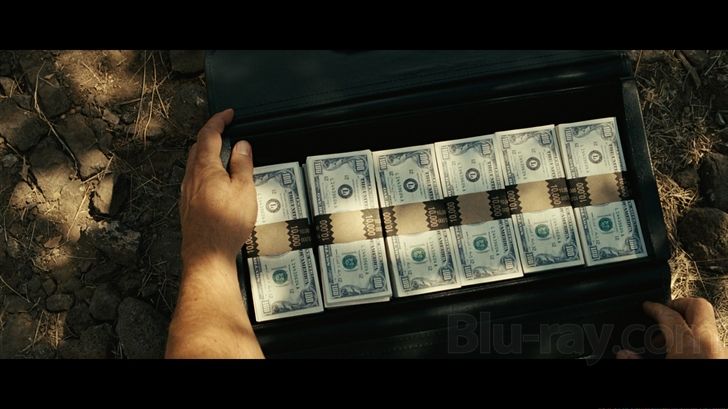
So the next characteristic of the Coen Brothers' storytelling is violence. Violence as an expression of punishment over these people. And the brutality does not always catch those who really deserve it: often the deadly and bloody chain concerns innocent people and starts with a bad decision of the protagonist. Again, you need to watch "Fargo" - you won't regret it - it shows the filmmakers' philosophy very clearly.
Thus, there will be no justice in the Coen brothers' films: the directors are cruel to their characters. Or it would be more correct to say that they create cruel worlds. Not for nothing do some critics reproach the Coen brothers for misanthropy (alienation from people, hatred of them; non-humanity).
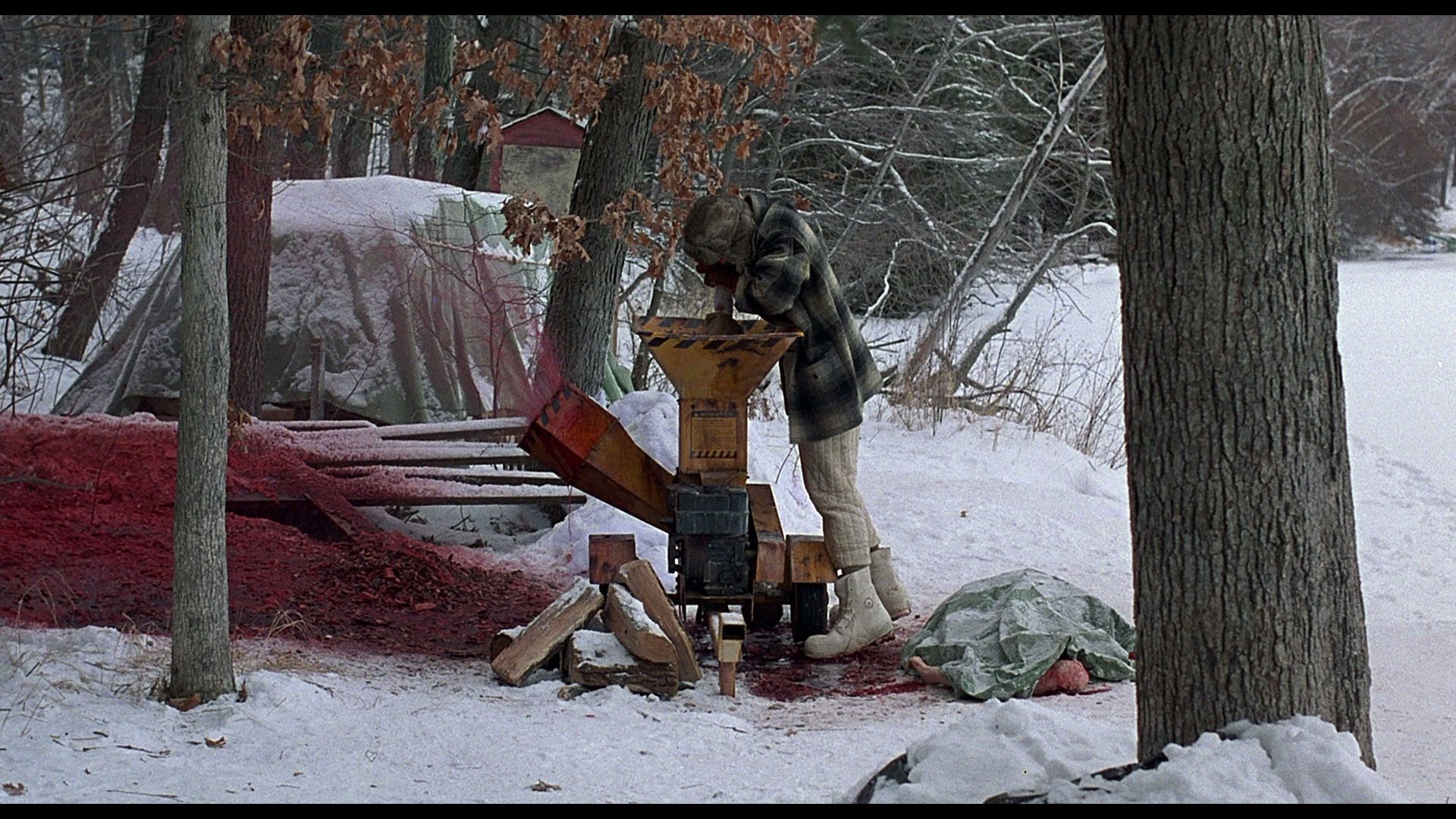

We, however, do not entirely agree with that, because in many films, such as 1. "Fargo", 2. "No Country for Old Men", 3. "A Serious Man", etc., there are characters (1. Marge Gunderson 2. Ed Tom Bell 3. Larry Gopnik) who do not understand all this cruelty. They literally don't understand and say it out loud, thus seemingly expressing the voice of the director brothers. This seems to us to be the voice of the soul and mind of Joel and Ethan Coen.
Moreover, the script also creates an atmosphere of absurdity through some of the dialogue, which is not verbose and consists of sounds, grunts and simple "yeah" or vice versa, the repetition of the same word and situation, which creates a comical, absurd effect.
Visual trademarks
Costume design
Let's start with the important aspect of production design, namely costume design. We remember many characters precisely because of their unusual and unique appearance. The Dude, bad guys from "Fargo", the striking images from "Hail, Caesar!" etc.
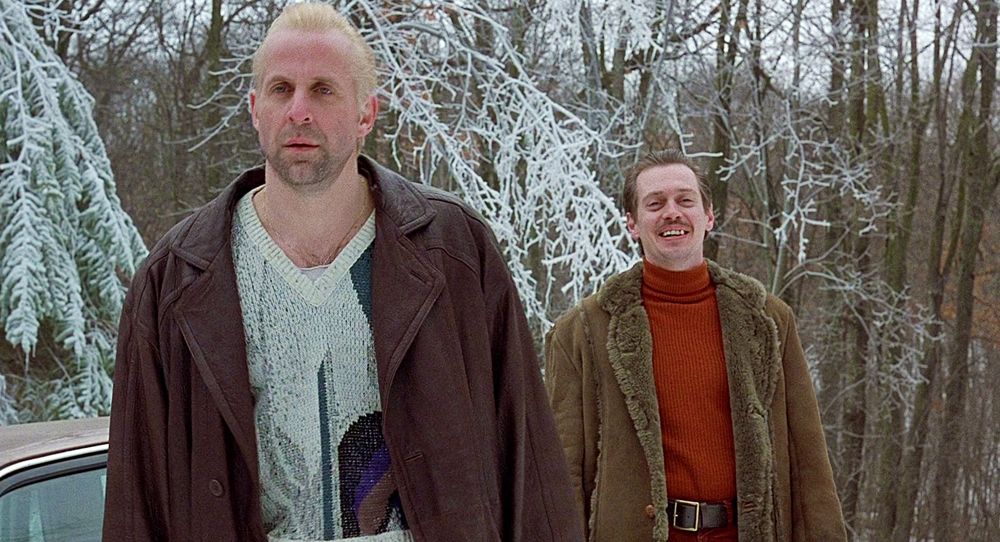
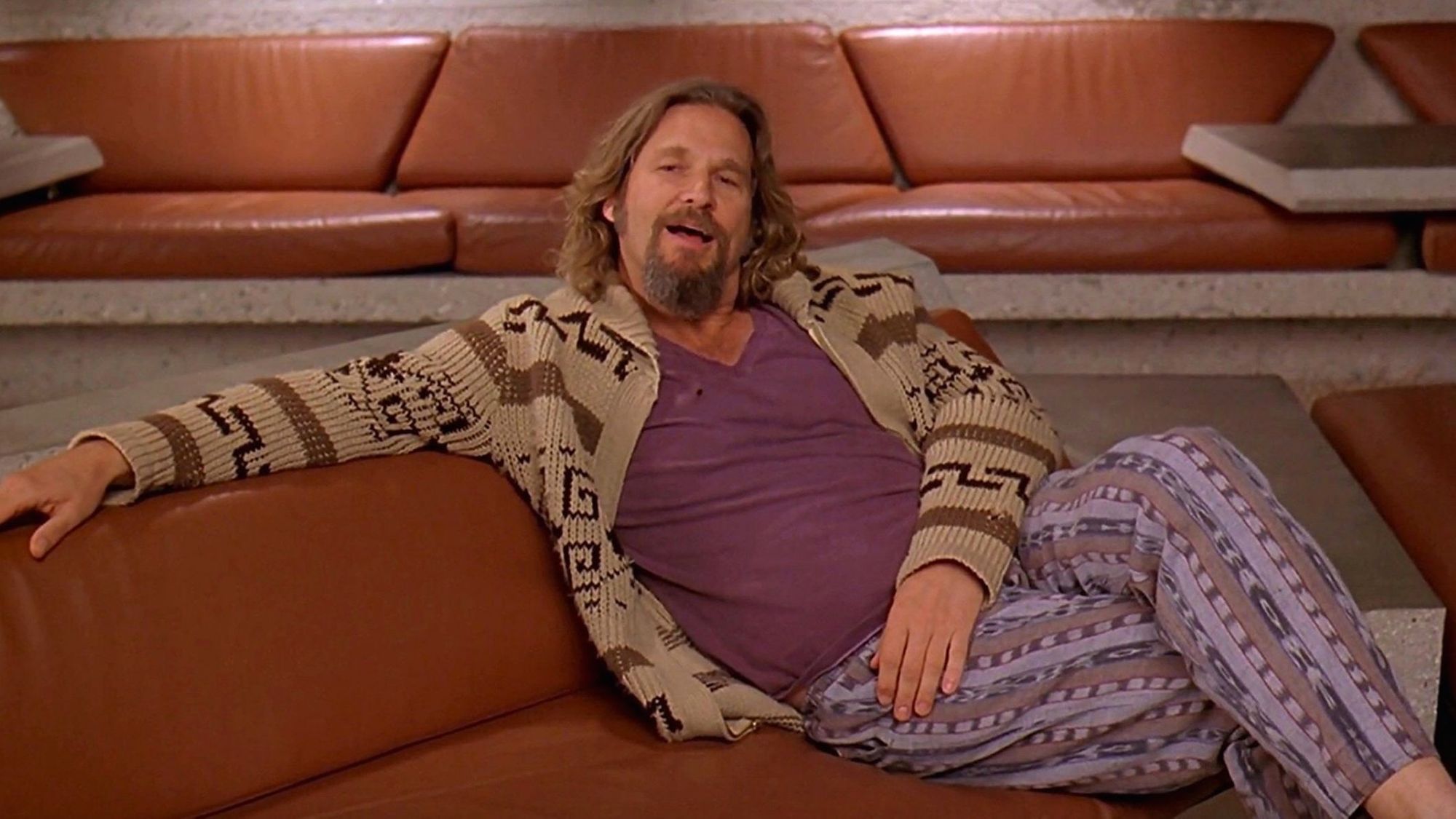
They all give us the idea that the Coen brothers also achieve visual contrast for comic effect. In "The Big Lebowski", for example, the characters are deliberately vivid and unique and perfectly fit the personality of characters. They are so vivid and unique as to contrast with a serious criminal story. It's this combination that creates the absurdity and the comedy.
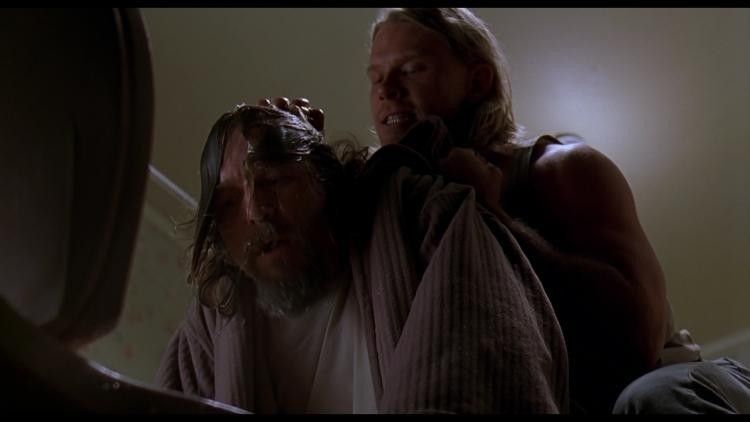
Color
Once again, you can draw a contrast between the two worlds and genres: comedy and crime drama, thriller or drama in general. The more comedic the tone of the film, the more saturated the picture is. And this is perfectly visible in "The Big Lebowski" in the bowling scenes. Otherwise, the Coen brothers prefer an unsaturated picture in order to show more dramatic moments. And the directors' unique style lies in the way they blend these two fundamentally different approaches into the film so that it still feels unified.
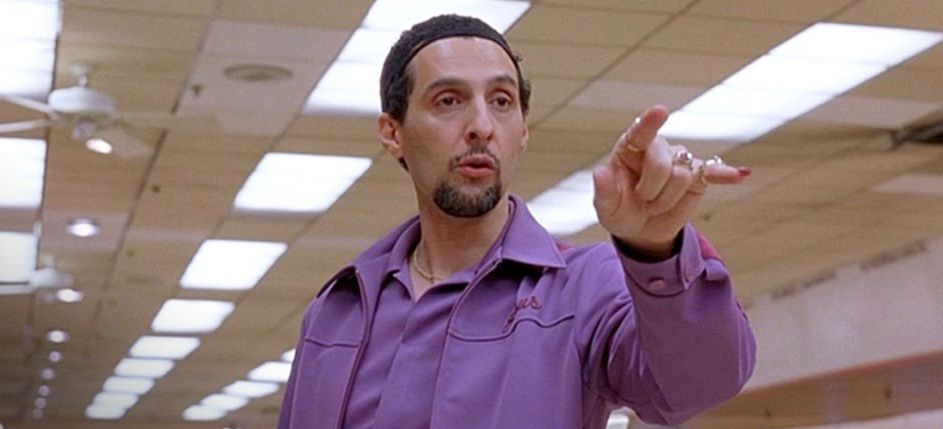
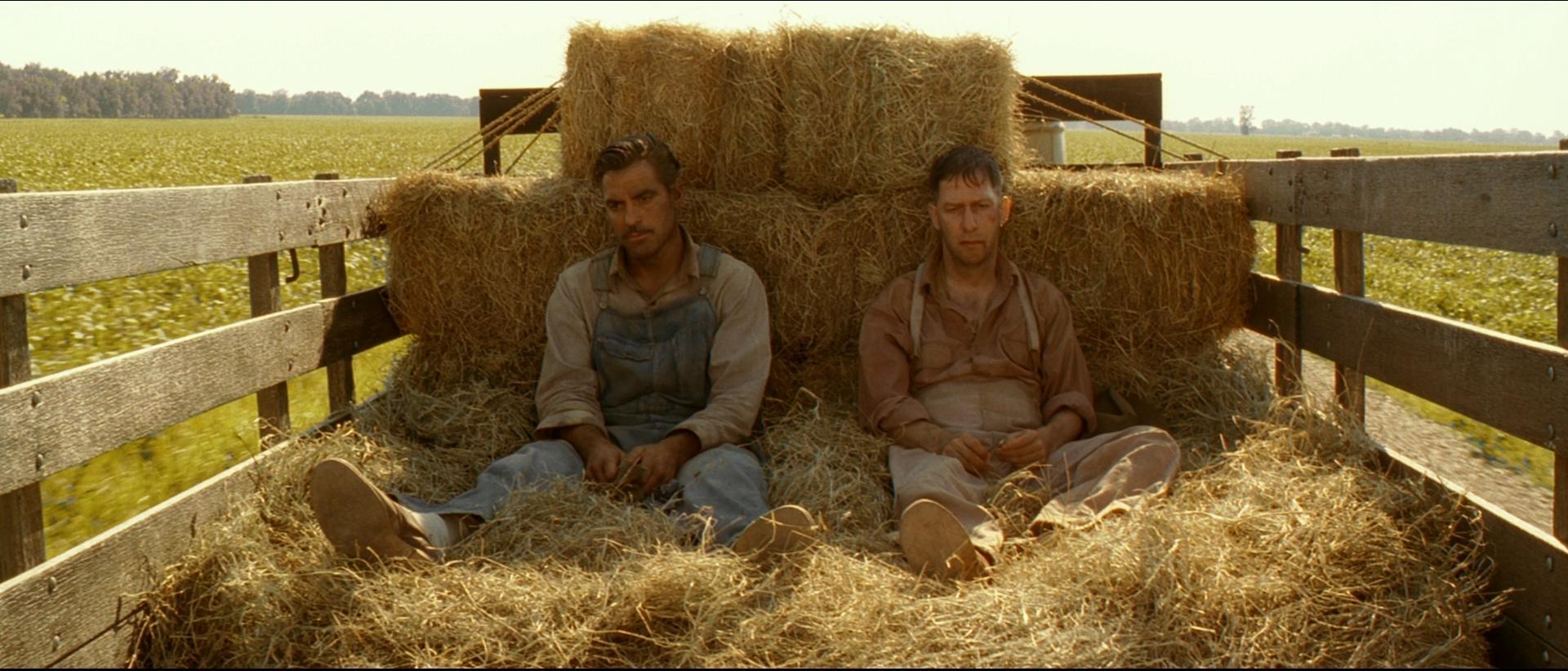
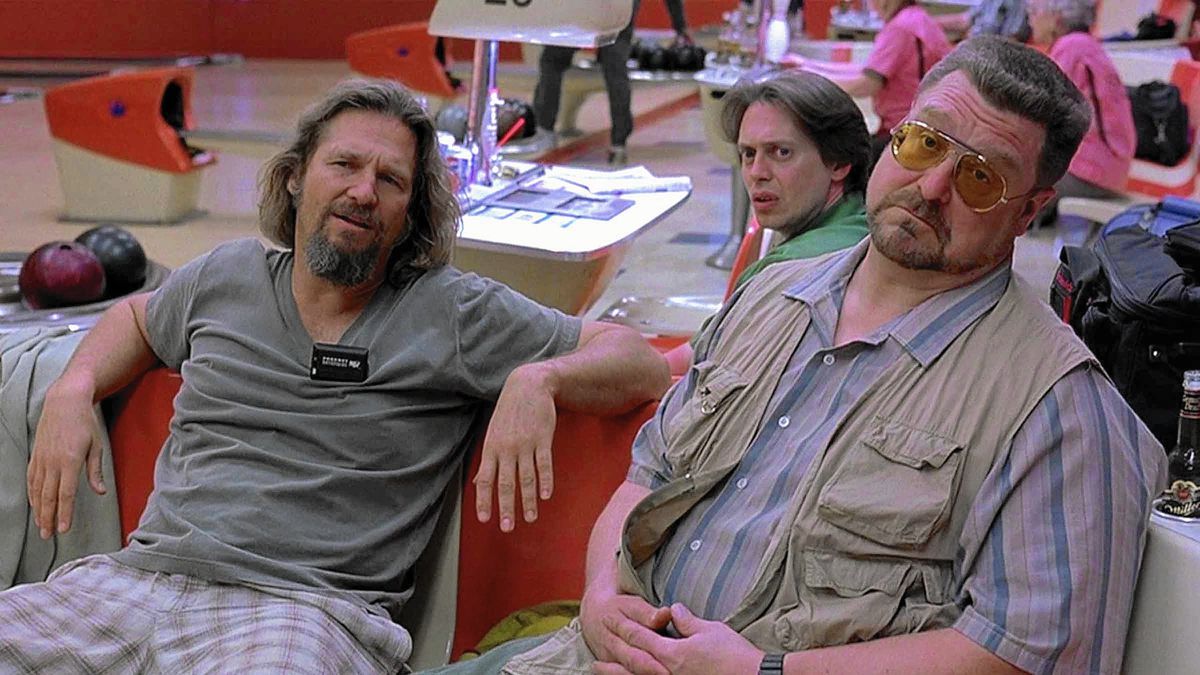
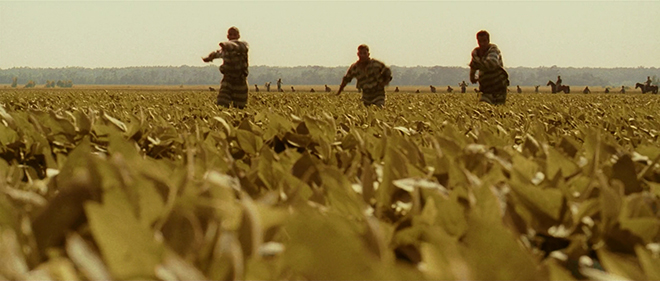
Cinematography
There are three things that particularly stand out in the Coen brothers' visual style: 1. long shots, 2. medium shots capturing characters in the surrounding area 3. unusual camera angles
The first two aspects are continuously linked. In the opening shots of films such as "No Country for Old Men", "Fargo" and "O Brother, Where Art Thou?" we look at nothing but landscapes for several minutes. Those establishing shots show the scene, revealing its essence and nature. This attention from the directors points to the fact that the location is just as important as the characters. And that is why many shots depict the characters in middle shots which are a representation of both the characters and the environment in which they find themselves.
However, in terms of the theme of our blog, the third aspect, unusual camera angles, has a much greater effect. It can be a very sharp shot from below, or a very unusual shot that takes in the perspective of a child or a bowling ball...
Sound design
And no words are needed.
What are the conclusions?
I have to be honest with you: the Coen brothers are some of my favourite directors. They may not have super pronounced chips like other big-name authors, but they still speak their own language, which is not limited by genres and genre traditions. They are masters of drama and comedy, some of Hollywood's best screenwriters - and it shows in their work. Their contribution to the industry cannot be underestimated, as they brought absurdity to cinema much earlier than Quentin Tarantino did. Their cinema is funny and sad, or in a word, absurd.
We love movies here. We're talking about cinema here. Here we promote the love of art and try to inspire you to take your camera and make a short film. Leave the boring pre-production routine to the Filmustage - automatic script breakdown - and focus on your creativity!
After a long time of hard work we are happy to announce the beta-testing of the new scheduling feature in the Filmustage software. Be one of the first to test the new functionality - click here for more detailed information.
We hope you will share this love for the Coen brothers after watching a couple of their films. We guarantee you won't regret it. Until then, take care of yourself and se ya next week!
From Breakdown to Budget in Clicks
Save time, cut costs, and let Filmustage’s AI handle the heavy lifting — all in a single day.